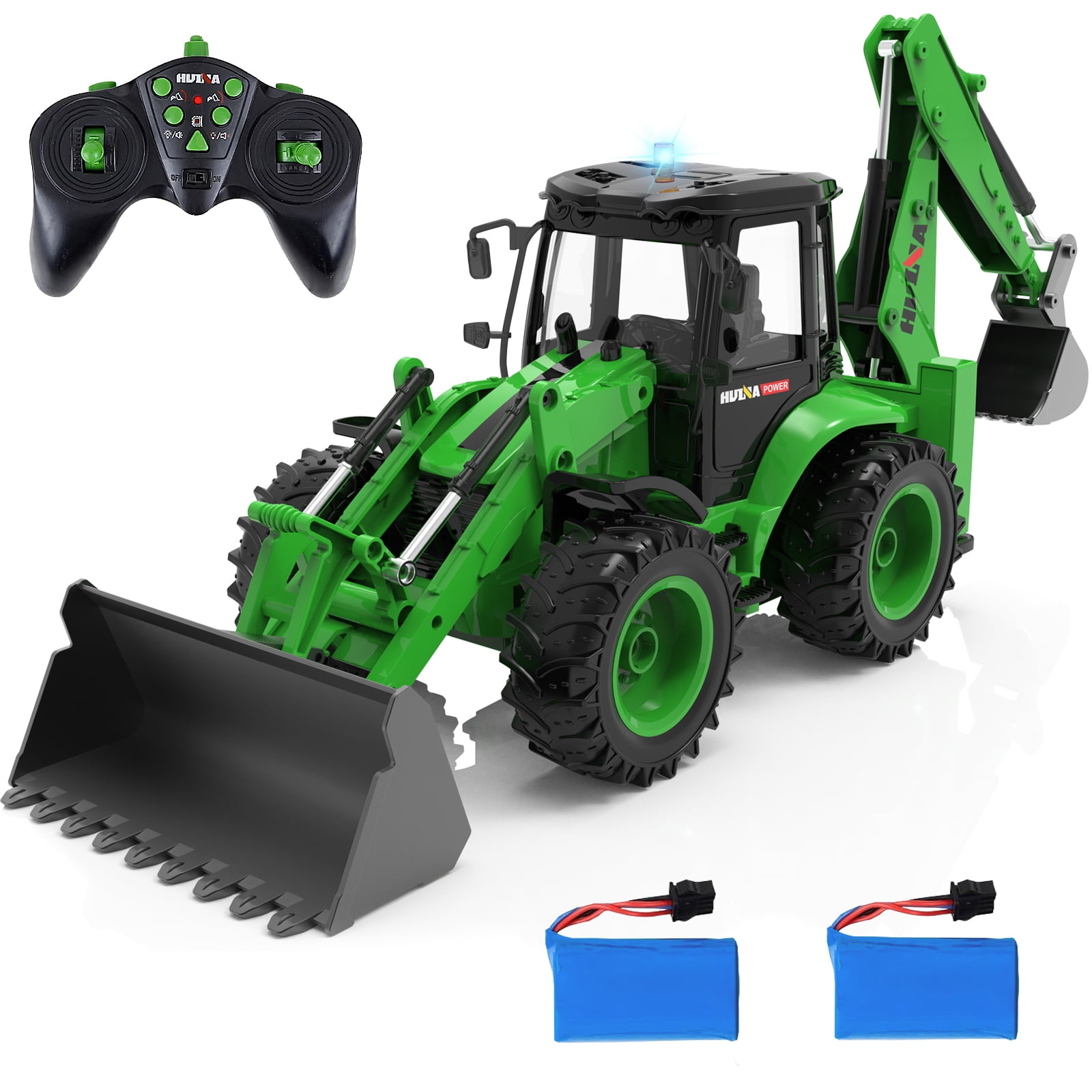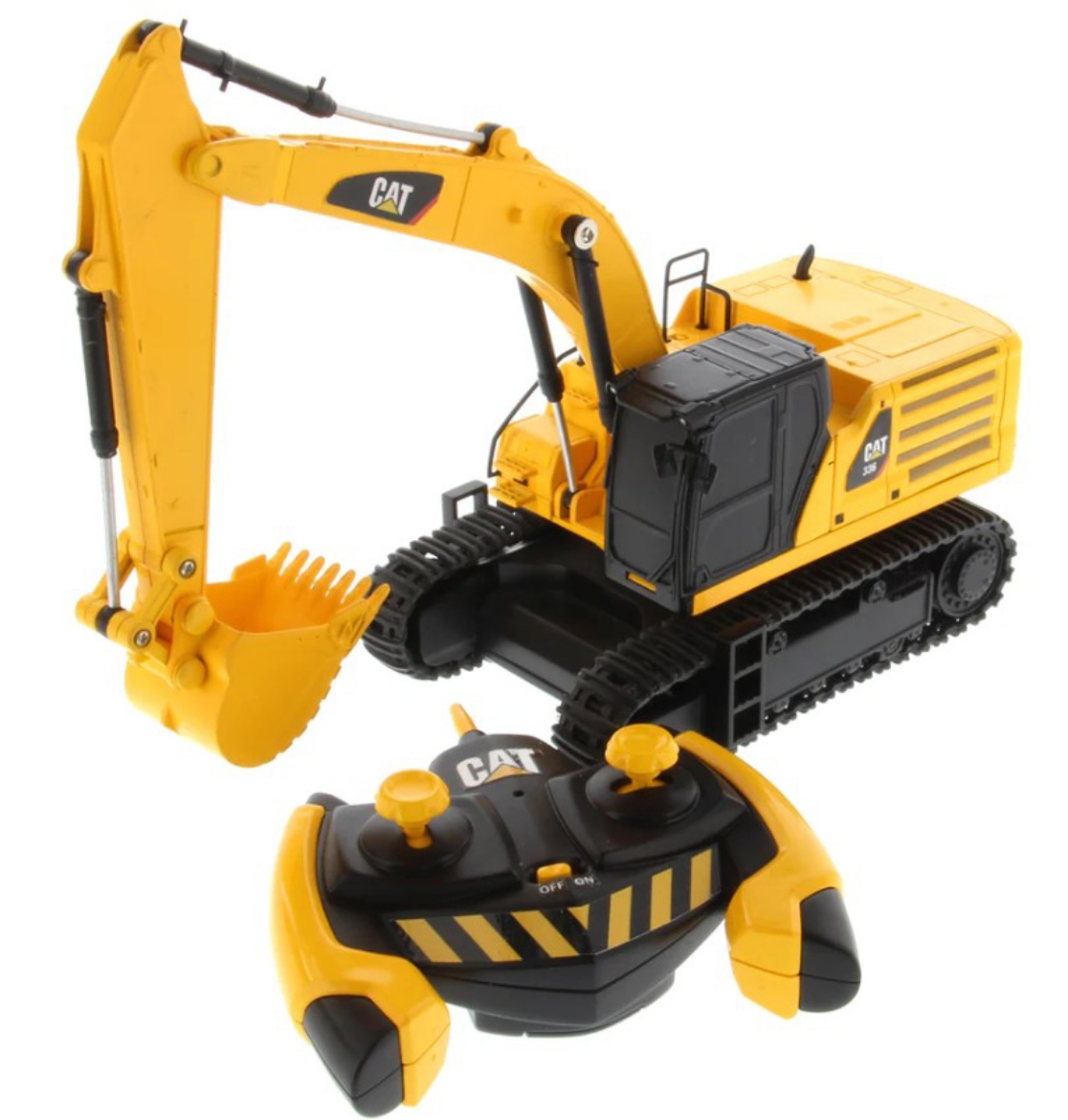Discover the Significance of Excavator in Modern Building Projects
Excavators are necessary devices in modern building jobs. Their flexibility enables them to carry out a large array of jobs, from digging and grading to demolition and website prep work. Advanced functions, such as hydraulic accessories and GPS, enhance their abilities and performance on work websites. As the market advances, the relevance of excavators grows much more. Recognizing their duty can expose understandings into the future of construction practices. What lies ahead for these devices?
The Adaptability of Excavators in Different Projects
Although excavators are typically connected with large construction jobs, their versatility enables them to be used in a vast array of applications, from residential landscaping to utility maintenance. In urban settings, excavators can navigate limited rooms to dig foundations for homes or install water drainage systems. Their capacity to execute fragile jobs makes them ideal for landscape design projects, where they can dig deep into for fish ponds or plant trees. Furthermore, excavators play a crucial function in energy upkeep, effectively excavating trenches for pipes or cable televisions without disrupting surrounding locations. In farming applications, they help in land clearing up and dirt prep work. Their versatility enables them to be equipped with numerous accessories, improving their functionality across various tasks. This multifaceted nature of excavators not only enhances various building processes but also shows their integral role in contemporary framework growth and maintenance.
Secret Attributes and Sorts Of Excavators
The discussion on key attributes and kinds of excavators highlights the vital qualities that make these machines important in building and construction. Various excavator types, each developed for specific jobs, demonstrate their flexibility and efficiency across different applications. rc excavator. Recognizing these functions and categories is essential for optimizing their usage in modern construction projects
Excavator Enters Review
Excavators play a pivotal function in modern-day construction, providing versatility and efficiency across numerous tasks. These hefty equipment systems come in several types, each customized for particular applications. One of the most common types include crawler excavators, known for their stability on uneven surface, and rolled excavators, which give higher wheelchair on smooth surfaces. Mini excavators are preferred for tight rooms and small-scale tasks, while long-reach excavators are designed for deep excavating. In addition, there are specialized excavators, such as hydraulic excavators, which enhance power and accuracy. Each kind features one-of-a-kind abilities, making them essential for tasks varying from excavating and grading to demolition and material handling. Understanding these variations permits building professionals to pick the best excavator for their job needs.
Secret Features Explained
Recognizing the essential features of excavators boosts their efficient application in construction jobs. Excavators are identified by their powerful hydraulic systems, which offer the needed force for digging, lifting, and moving products. Their articulated arms permit a large range of movement, promoting accurate procedures in constrained rooms. Additionally, the selection of add-ons, such as pails, grapples, and augers, increases their convenience to satisfy different task demands. The size and weight of excavators also contribute to their security and ability to move on numerous terrains. Furthermore, developments in modern technology have led to the integration of GPS and automation, enhancing precision and performance in excavation tasks. These attributes jointly place excavators as essential tools in modern-day construction.
Applications in Building
Transforming construction websites, excavators play a critical function throughout different applications, ranging from property building jobs to large framework growths. These versatile devices are geared up for jobs such as excavating foundations, trenching for energies, and site grading. Different types of excavators, consisting of spider, rolled, and mini excavators, provide details benefits tailored to the job demands. Crawler excavators master rough terrains, while rolled excavators offer wheelchair on smooth surfaces. Mini excavators are excellent for confined areas, making them preferred in city setups. The performance and power of excavators considerably accelerate construction procedures, making sure timely project conclusion. Their flexibility further enhances their relevance, permitting building groups to take on a diverse range of obstacles properly.
Enhancing Effectiveness and Efficiency on Task Sites
Making best use of performance and performance on job sites is a vital objective in modern-day construction. Excavators play a pivotal function in achieving this objective by simplifying numerous jobs. Their ability to carry out several functions-- such as grading, digging, and training-- reduces the need for additional tools, therefore saving time and resources.Moreover, excavators improve process by enabling faster conclusion of projects. With advanced features like hydraulic accessories and general practitioners modern technology, they can implement accurate operations that decrease errors and revamp. This accuracy not only improves the top quality of job however also maximizes material usage, adding to set you back savings.The convenience of excavators permits them to adjust to various site problems, guaranteeing that tasks proceed smoothly no matter of obstacles. By integrating excavators into construction processes, teams can substantially increase their total productivity, bring about timely job conclusion and increased profitability.
Security Benefits of Utilizing Excavators
Excavators significantly enhance safety on building and construction sites with boosted operator exposure and minimized hand-operated labor dangers. By offering drivers with a clear sight of their surroundings, excavators aid to protect against accidents and injuries. Additionally, the machinery lessens the demand for employees to participate in unsafe manual tasks, further promoting a safer workplace.
Boosted Driver Exposure
Building websites can you could try these out be disorderly and loaded with possible threats, boosted driver exposure plays a crucial role in ensuring safety and security when making use of excavators. Modern excavators are made with huge, unobstructed home windows and tactically put mirrors, allowing drivers to preserve a clear view of their surroundings (rc excavator). This boosted exposure is critical for finding pedestrians, other machinery, and numerous obstacles, substantially lowering the danger of accidents. Furthermore, several excavators include innovative innovation, such as video cameras and sensing units, to provide drivers with additional perspectives, further boosting recognition. The ability to see even more plainly not only aids in efficient operation yet likewise promotes a safer job environment, making it simpler for drivers to navigate intricate construction websites without compromising security criteria
Decreased Manual Labor Threats
When see this here manual labor is lowered with using excavators, many security benefits arise, markedly improving the health of building employees. Excavators minimize the physical strain connected with hefty lifting and repetitive jobs, efficiently reducing the risk of musculoskeletal injuries. By automating procedures such as digging, grading, and moving products, they permit workers to maintain a much safer range from possible threats. In addition, excavators are geared up with sophisticated security features, such as rollover security systems and enhanced operator functional designs, which additionally guard employees on site. The result is a substantial reduction in office mishaps and injuries, bring about enhanced productivity and spirits amongst building and construction groups. Inevitably, the fostering of excavators adds to a much safer and much more efficient building atmosphere.
Excavators in Earthmoving and Site Preparation
In modern-day construction, a substantial part of earthmoving and site prep work jobs counts on the effectiveness and adaptability of excavators. These devices are developed to manage different soil kinds and surface, making them essential for grading, excavating, and trenching tasks. Their hydraulic arms can be outfitted with various add-ons, such as augers and pails, permitting drivers to customize their strategy based upon particular job requirements.Excavators stand out at moving large volumes of planet rapidly and efficiently, which accelerates the overall building timeline. They can browse tight areas and challenging sites where conventional tools may struggle, enhancing productivity. Additionally, the accuracy of excavators warranties that website prep work abides by rigorous specs, decreasing the danger of mistakes that might bring about expensive rework.
The Duty of Excavators in Demolition Tasks
Excavators play a necessary role in demolition tasks, as they have the power and dexterity needed to take down structures successfully. Geared up with various add-ons such as hydraulic breakers, shears, and grapples, these machines can adapt to different demolition demands, whether for small structures or big industrial websites. Their adaptability makes it possible for drivers to click this tackle intricate tasks while preserving safety and precision.In enhancement to their demolition abilities, excavators promote particles removal, guaranteeing that work websites remain well organized and secure. By breaking down structures into workable items, they enable streamlined clearing and recycling of products, aligning with modern-day sustainability efforts.Moreover, excavators can access limited areas and navigate unequal surface, making them indispensable in metropolitan demolition jobs. Overall, their durable style and multifunctionality make excavators a critical possession in the demolition phase of building, contributing significantly to job timelines and performance.


Future Trends in Excavator Innovation and Usage
As the building and construction industry progresses, developments in excavator technology are poised to change their use and efficiency significantly. One significant fad is the assimilation of automation and expert system, permitting excavators to operate with minimal human intervention. This shift will certainly boost accuracy in jobs such as grading and trenching, reducing human mistake and raising productivity.Additionally, the surge of electric and hybrid excavators is shaping a much more sustainable construction environment, lowering carbon discharges and fuel costs. Enhanced telematics systems are likewise emerging, enabling real-time surveillance of maker efficiency and maintenance requirements, which can lead to much better operational effectiveness and longer tools lifespan.Moreover, advancements in add-on technology are increasing the convenience of excavators, enabling them to carry out a broader variety of tasks. The mix of these trends demonstrates a future where excavators are smarter, greener, and a lot more versatile, eventually reshaping building and construction project characteristics.
Frequently Asked Inquiries
Exactly How Do Excavators Contrast to Other Building And Construction Machinery?
Excavators, defined by their adaptability and power, succeed in digging and earthmoving compared to other machinery. Their capacity to execute numerous tasks, including training and demolition, makes them essential in construction tasks, enhancing general performance.

What Is the Ordinary Life Expectancy of an Excavator?
The average lifespan of an excavator commonly ranges from 7,000 to 10,000 operating hours, relying on upkeep, use problems, and version. Correct treatment can extend this lifespan, making sure peak performance throughout its operational years.
Exactly How Are Excavators Maintained for Ideal Performance?
Excavators call for normal upkeep for peak performance, consisting of regular examinations, fluid checks, filter replacements, and timely repairs. Implementing a preventative upkeep routine aids prolong their lifespan and guarantees reliable operation in various building atmospheres.
What Are the Expenses Connected With Buying an excavator vs. leasing?
The prices associated with purchasing an excavator versus leasing vary significantly. Renting deals lower upfront expenses but can accumulate over time, while acquiring needs a significant first financial investment, but offers lasting financial savings and property possession benefits.
What Training Is Needed to Run an Excavator?
Operating an excavator needs specialized training, commonly including safety and security procedures, machine procedure methods, and ecological recognition. Certification programs frequently mandate practical experience, making it possible for operators to manage various tasks successfully while making sure conformity with sector regulations. The most usual kinds include spider excavators, known for their security on uneven surface, and rolled excavators, which offer greater mobility on smooth surfaces. Tiny excavators are favored for tight areas and small-scale projects, while long-reach excavators are developed for deep excavating. Furthermore, there are specialized excavators, such as hydraulic excavators, which boost power and precision. Different types of excavators, including crawler, rolled, and mini excavators, give certain advantages tailored to the project needs. Spider excavators succeed in rough terrains, while rolled excavators supply movement on paved surfaces.